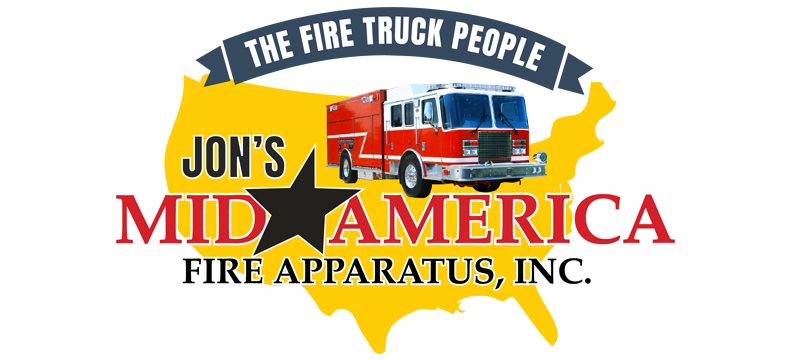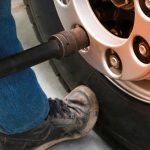Whenever you respond to a call, the last thing you want to think about is the reliability and safety of your truck’s pump. People count on you to put out a fire without issue. While it may be easy to ignore some safety precautions for your truck and pump, oversights can end in accidents, injuries and, in some cases, death.
Fire apparatus safety and the reliability of its pumping mechanisms are so vital to national fire safety standards that the Insurance Services Office system requires annual tests for your hose and pump to keep premiums down. There are several things to keep track of, but we’ve laid out some of the best safety precautions to keep your operations running smoothly.
Knowing Your Apparatus
The first precaution may seem obvious, but knowing your apparatus is imperative to the safe operation of the pump. Whether you call yourself a fire control engineer, motor pump operator, driver engineer or any other assortment of titles, if you operate the pump, you have a job that is essential to put out the fire, with little margin for error.
Firefighters have used pumps throughout history, and the relationship is just as strong today. Experts and long-time firefighters stress the importance of being familiar with every part of its operation. Some go as far as to suggest that a pump engineer should be able to operate their pump blindfolded in case of adverse conditions.
Familiarity with the pumping system will help to alleviate mistakes that are detrimental to the pump or those who need help. While pumps are becoming increasingly complex, NFPA requires fire apparatus manufacturers to include in-depth information about the pump to educate those operating it. Most fire apparatus builders also include a video or instructional guide for new truck pump operators.
Need a refresher on what type of pump your truck uses? Check out our article on different types of pumps here.
Pump and Hose Safety
Vehicle inspection and testing are critical for use in the field. The pump should be tested annually, if not more. Certain types of pumps require testing weekly, so make sure to check the latest NFPA regulations of the kind of pump you use.
Whenever you prep for pump testing, there are a few things you need to check before running the full test. Fluids should be at the correct level, controls for all of the systems should work smoothly, all valves and pumps should be sealed, without any leaking before testing the pump. Consider the site of the pump test, as well. Access to and the flow of water should be capable of displacing water without any cavitation.
Along with pump inspection, you need to test your hoses too. These instruments direct and regulate how much water you can spray onto the fire area. Whenever testing a hose, it is essential to be careful. Carelessness can lead to crew injury or pump damage. Using a hose testing machine is the best way to prevent accidents. If your crew doesn’t have time to test your hoses, a hose testing service will save time.
Other Safety Precautions
Pump and hose safety is just one part of the precautions we must take when maintaining the incredible machine we call the fire apparatus. Make sure all of your equipment is inspected often for any defects. Regular inspection and maintenance by a certified fire truck mechanic is suggested to keep your unit running at peak condition.
Are you looking for friendly experts to test your fire truck’s pumps? Contact Jon’s Mid America today to keep your apparatus running like new.



